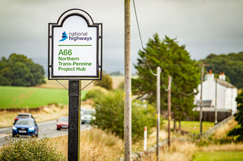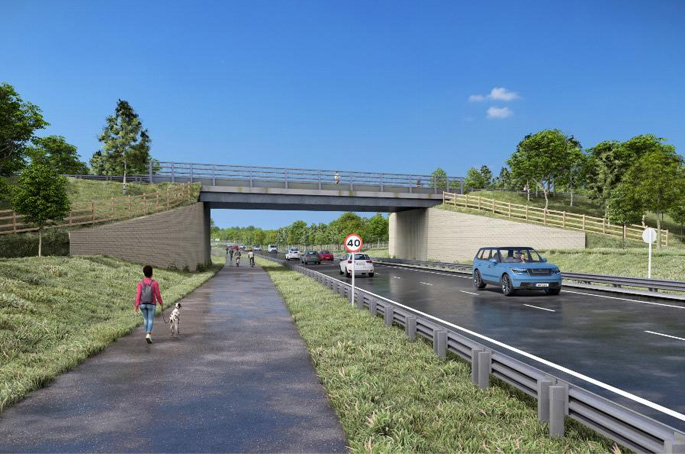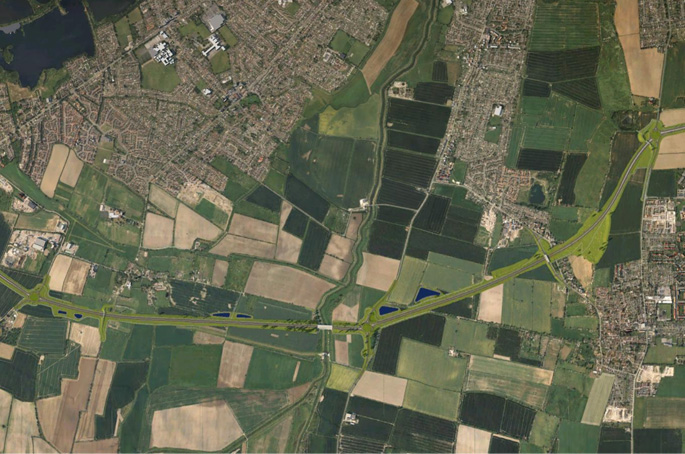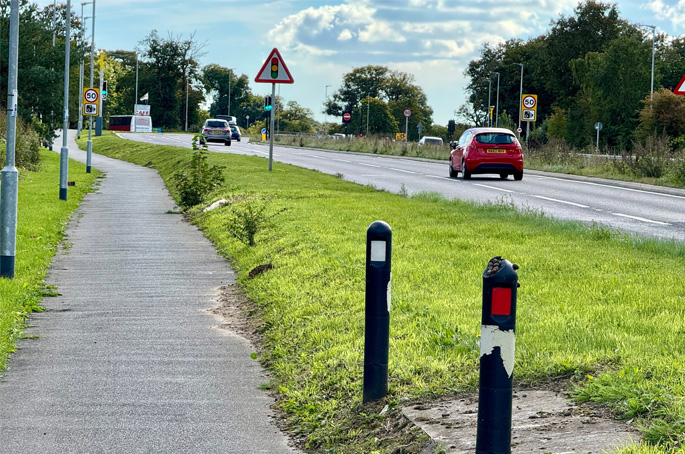The transport secretary has granted planning permission for National Highways' £1.5bn A66 scheme, but the poor value for money project faces a further review of its business case.
The A66 Northern Trans-pennine scheme involves upgrading single carriageway sections of the road between the M6 at Penrith and A1(M) at Scotch Corner to dual carriageway and improving junctions along the route.
Highways revealed in 2022 that the mega-project, which was initially said to cost £1bn, and then £1.3bn, had been given a most-likely estimate of £1,490m.
It has a benefit cost ratio of 0.9, meaning that it will cost more to build than it will provide in economic benefits.

The scheme forms part of the Government's Project Speed project to accelerate delivery of infrastructure but ministers were ridiculed in November after extending the deadline for deciding its planning application by four months to 7 March.
National Highways said that while the scheme aims to reduce congestion and improve journey times, the biggest priority remains the safety of those who use and live near the road.
It said that now the development consent order (DCO) has been approved, it can look ahead to the construction phase, with preparatory archaeological works and utilities diversions are currently taking place along the route.
Last summer, Costain dropped out of the quartet of contractors on the scheme, leaving Balfour Beatty, Keltbray and Kier on the project.
National Highways added that once the development consent order decision challenge period has concluded next month, ‘the next step will be for the Government to review and approve the Full Business Case'.
Project director Stewart Jones said: ‘A lot of hard work has gone into getting us to this position. Now we can push on and deliver this project as efficiently as possible.'
Sub-national transport body Transport for the North welcomed the decision to take forward what it called ‘one of the biggest investments in the North's road network for a generation'.
Chief executive Martin Tugwell said: ‘Dualling the A66 will deliver vital improvements to east-west connectivity in the North.
‘It will remove bottlenecks along this key corridor, make the road safer and more reliable for everyone who uses it, including the high percentage of freight using the route, and connect our towns and cities to Scotland.'
However, Transport Action Network director Chris Todd said the scheme is the worst value for money scheme in the roads programme and ‘entirely incompatible with our environmental and climate commitments', adding that National Highways should be looking at smaller scale safety improvements.































